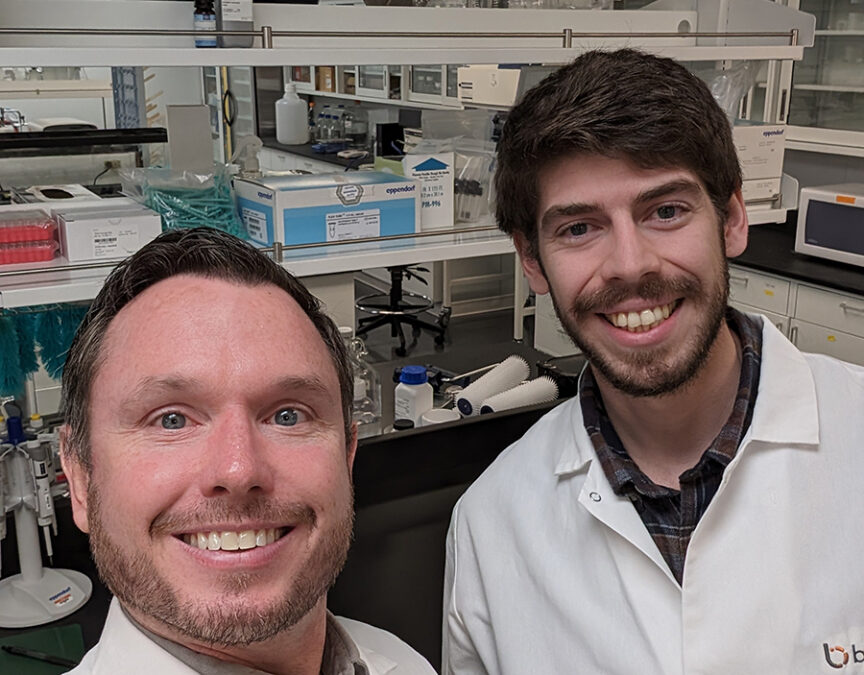A startup company formed based on technology developed at Rutgers seeks to use artificial intelligence and automation to help researchers advance their work faster and make breakthrough discoveries. “Currently in labs, a scientist follows the conventional scientific method where they come up with a question, develop a hypothesis, design an experiment to test that hypothesis, implement the experiment, analyze the results, and then update their hypotheses,” said Rutgers associate professor of Biomedical Engineering Adam Gormley, who developed the technology with his former student, Matthew Tamasi.
“The question we had was, is that the most effective utilization of a scientist’s time? We thought that maybe outsourcing some of the work such as designing experiments, performing the experiments, and then doing routine analyses may ideally be suited for an automated system, an AI model. Then, the AI model could predict the next best experiment to answer fundamental questions or design material problems.” Using AI to speed up the scientific process is a concept referred to as “self-driving labs.’’ The idea stemmed from the notion of self-driving cars, except using laboratories, Gormley said.
The technology, being advanced by Plexymer, Inc. was created by Gormley and Tamasi in the Gormley lab. Tamasi now serves as chief technology Officer of the company. To read the full story.

